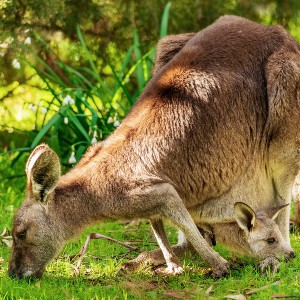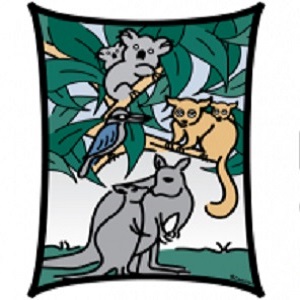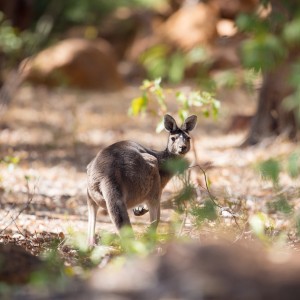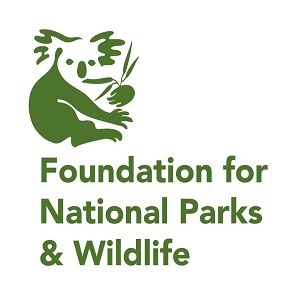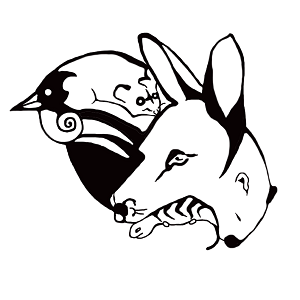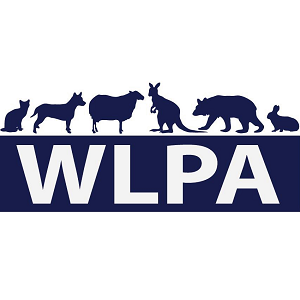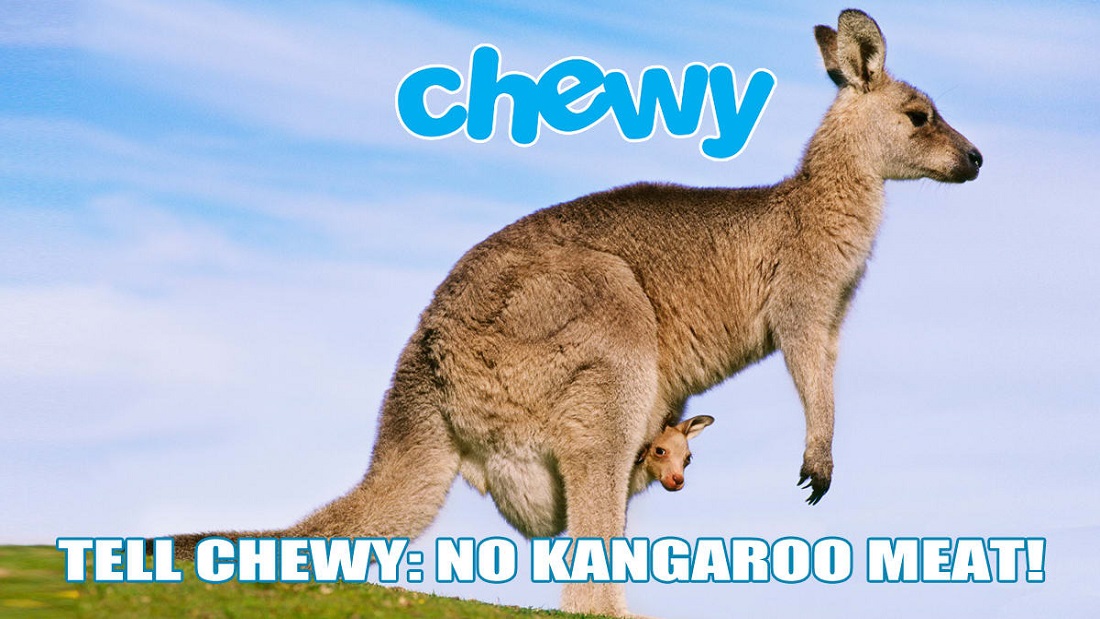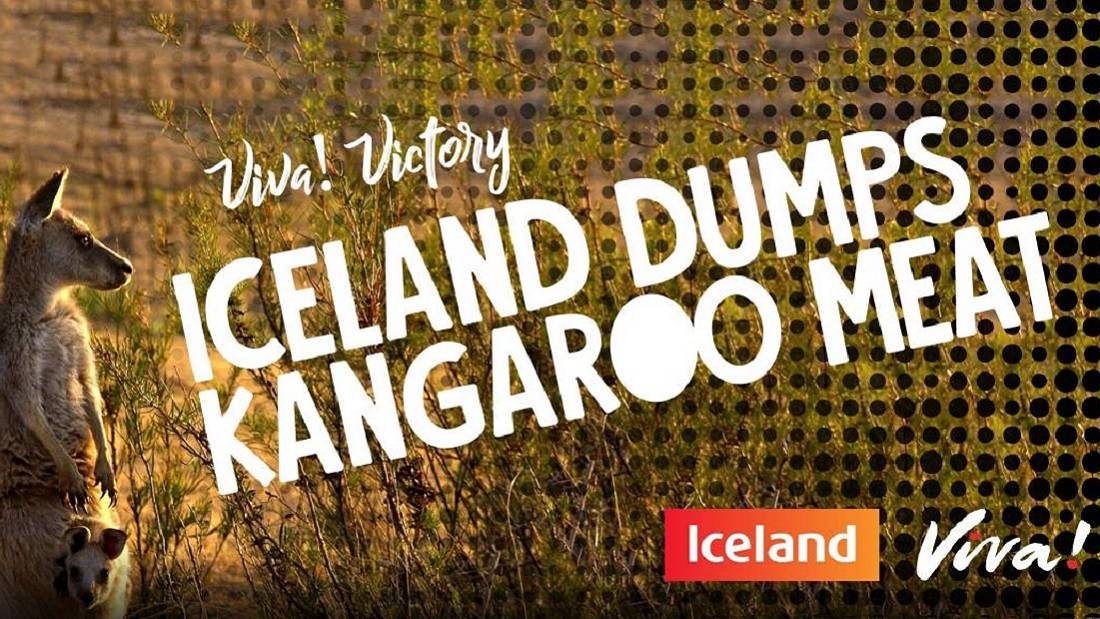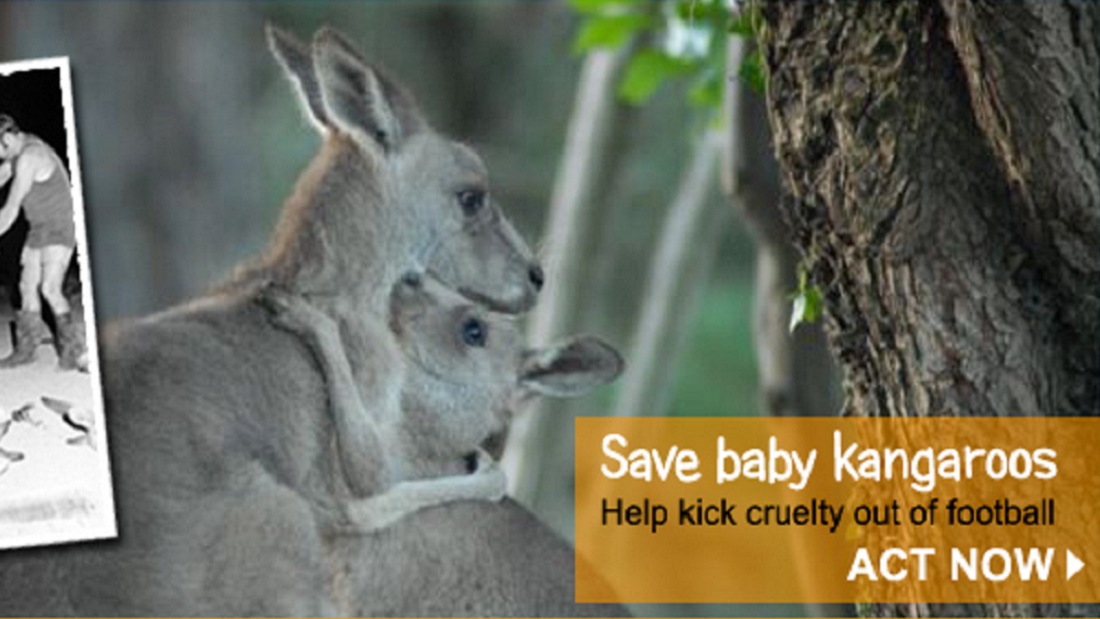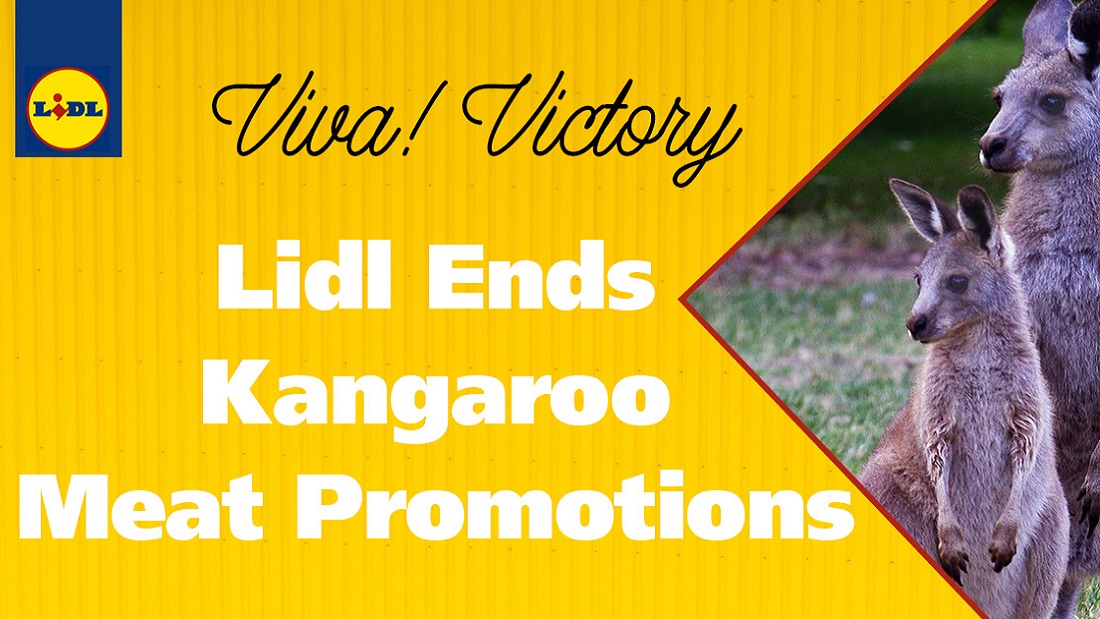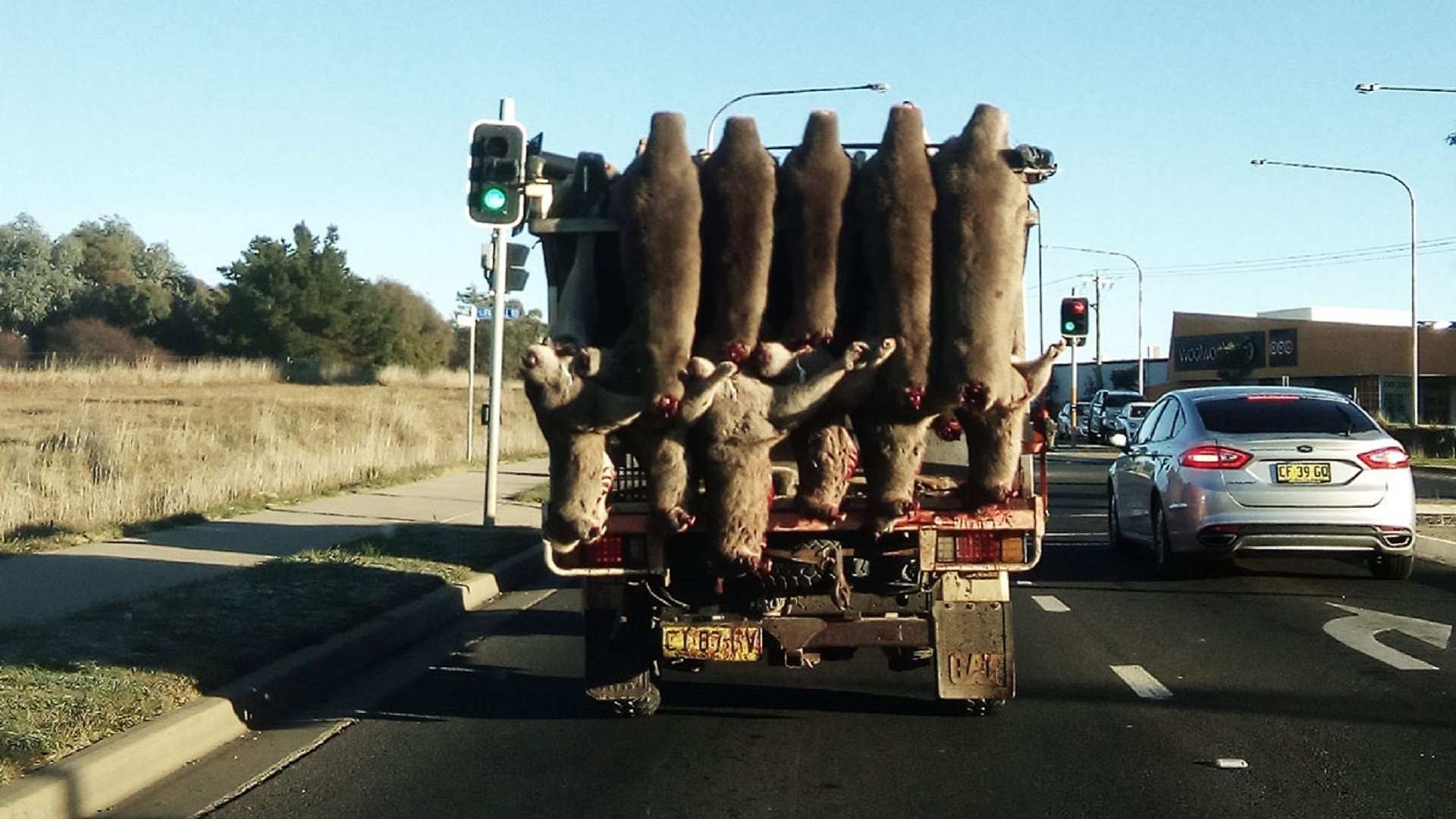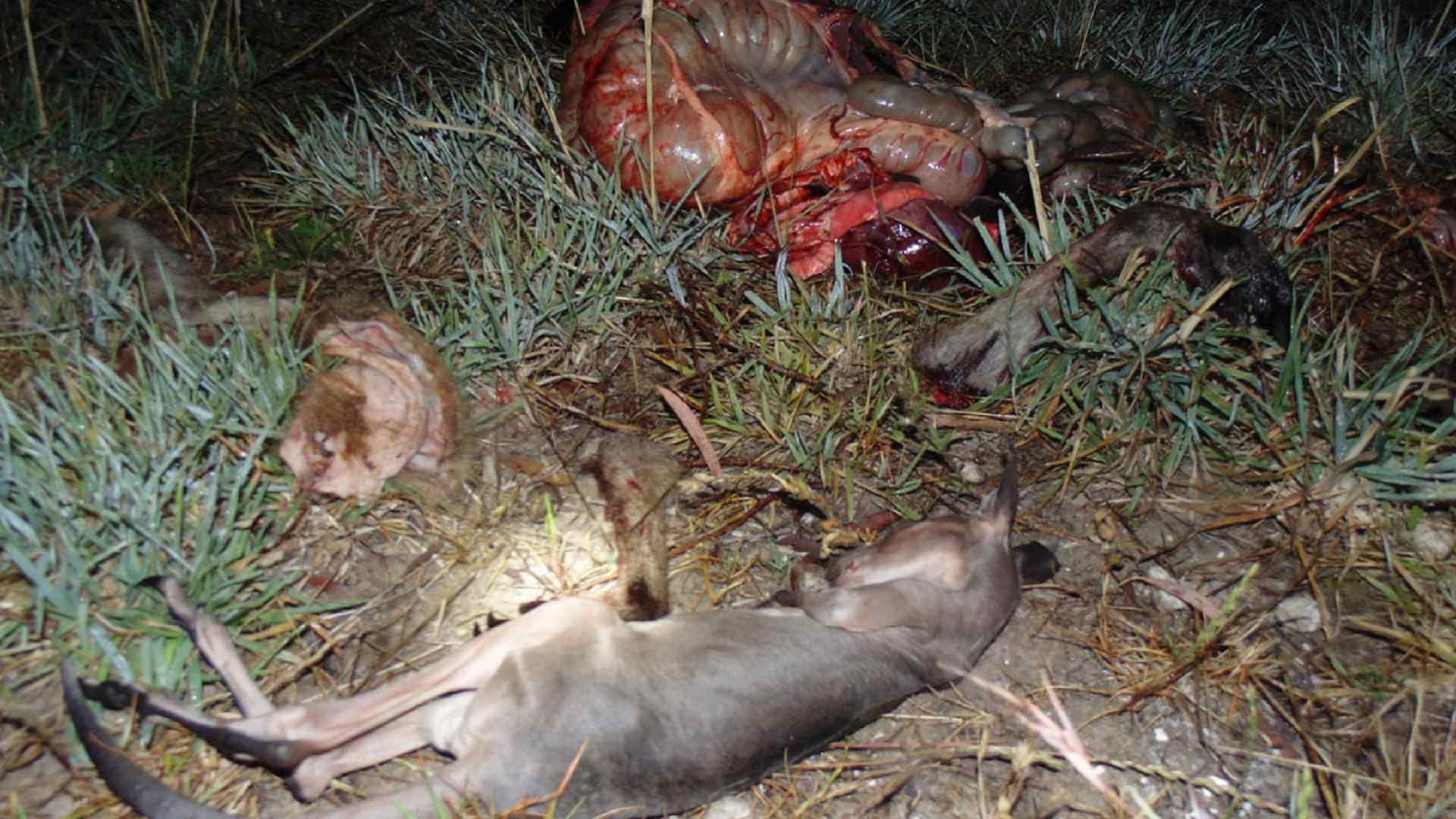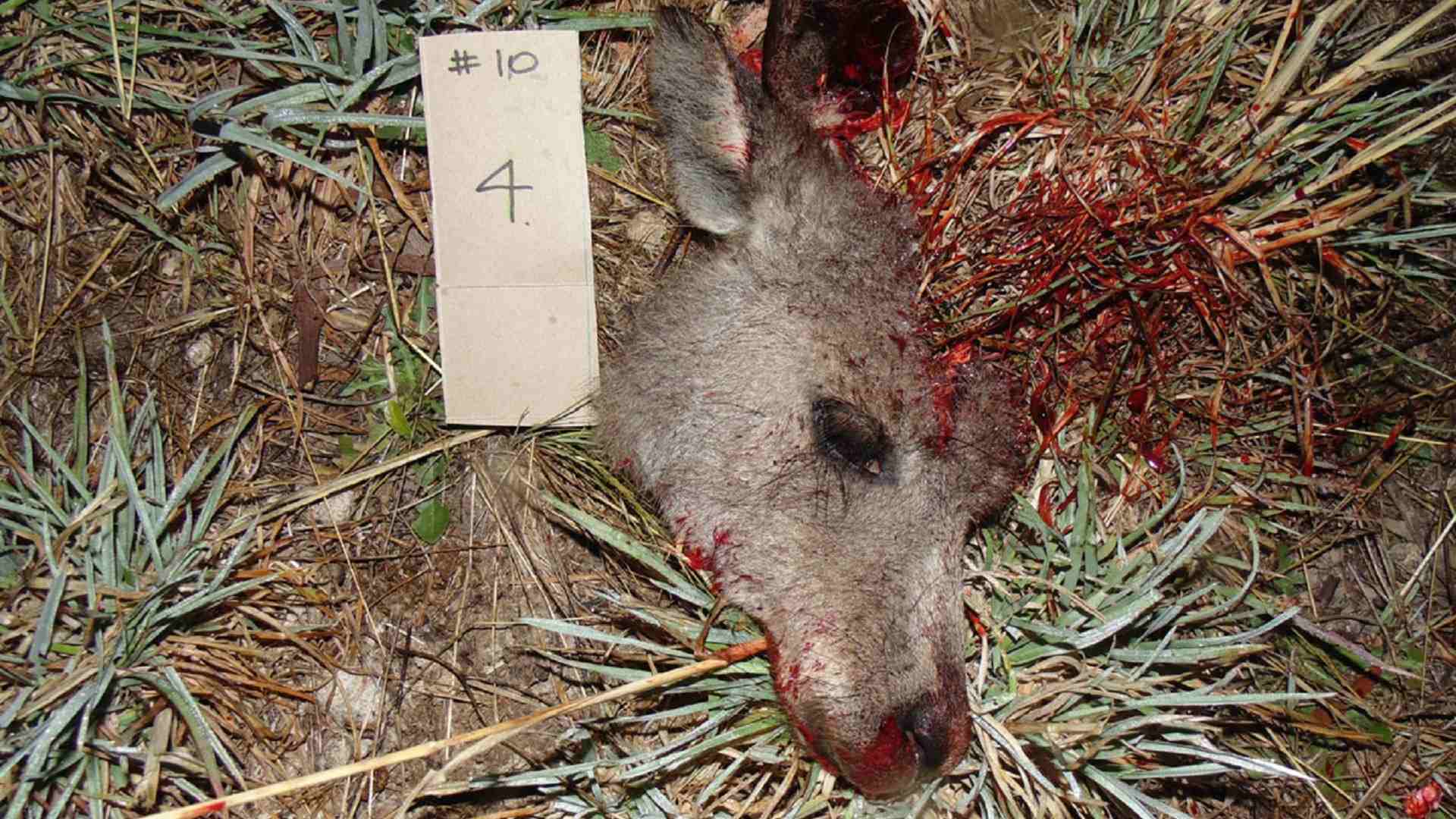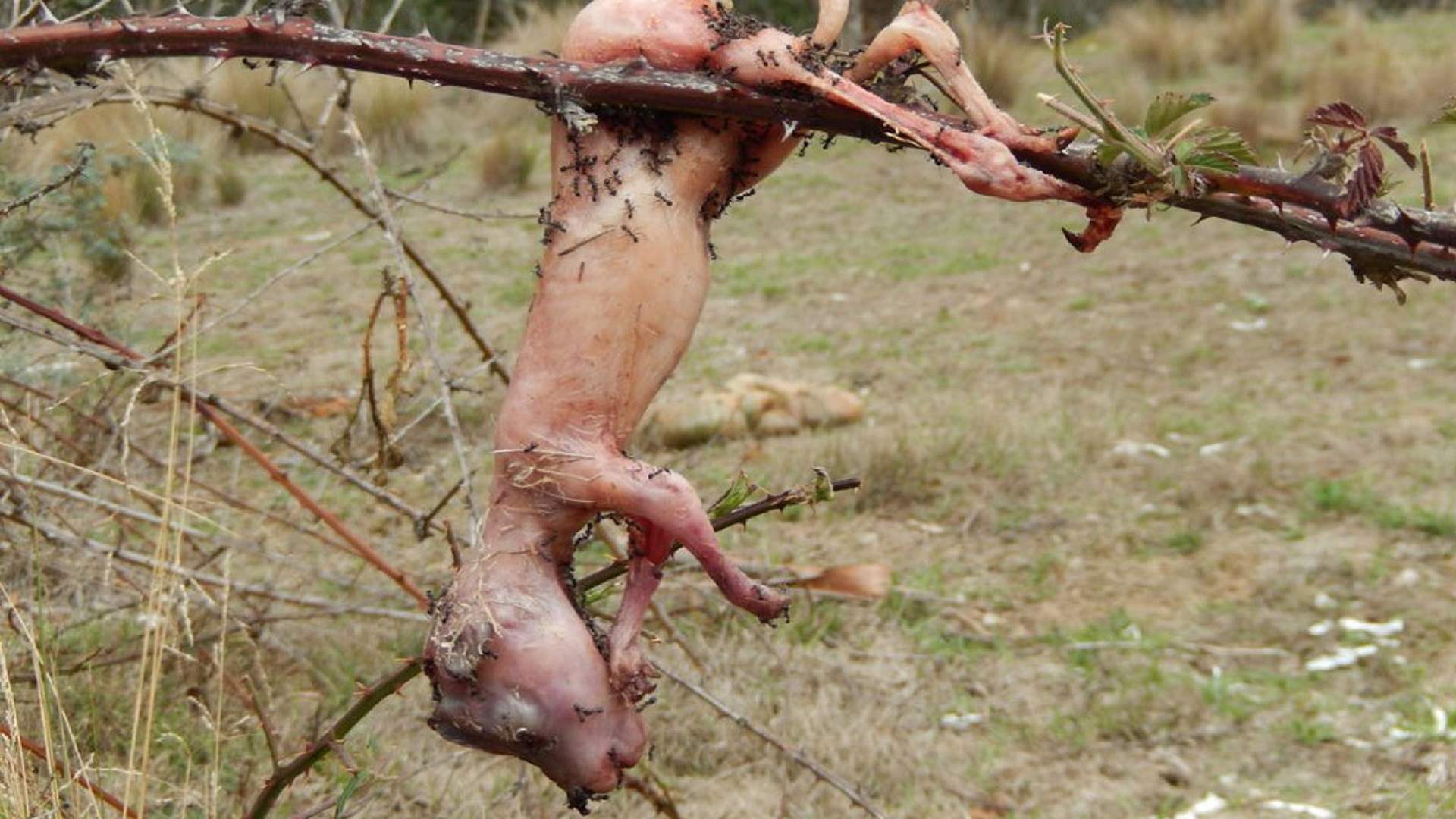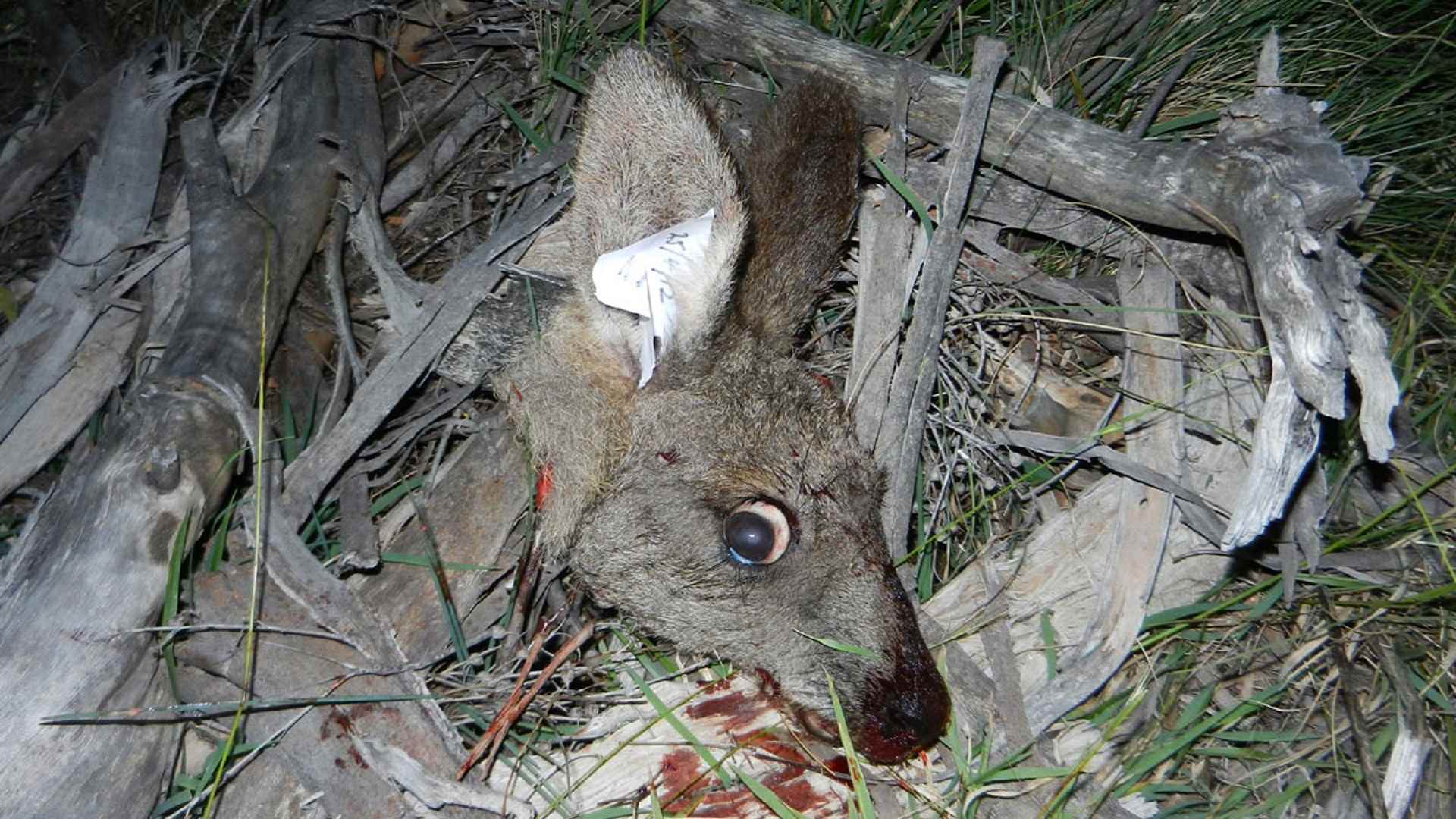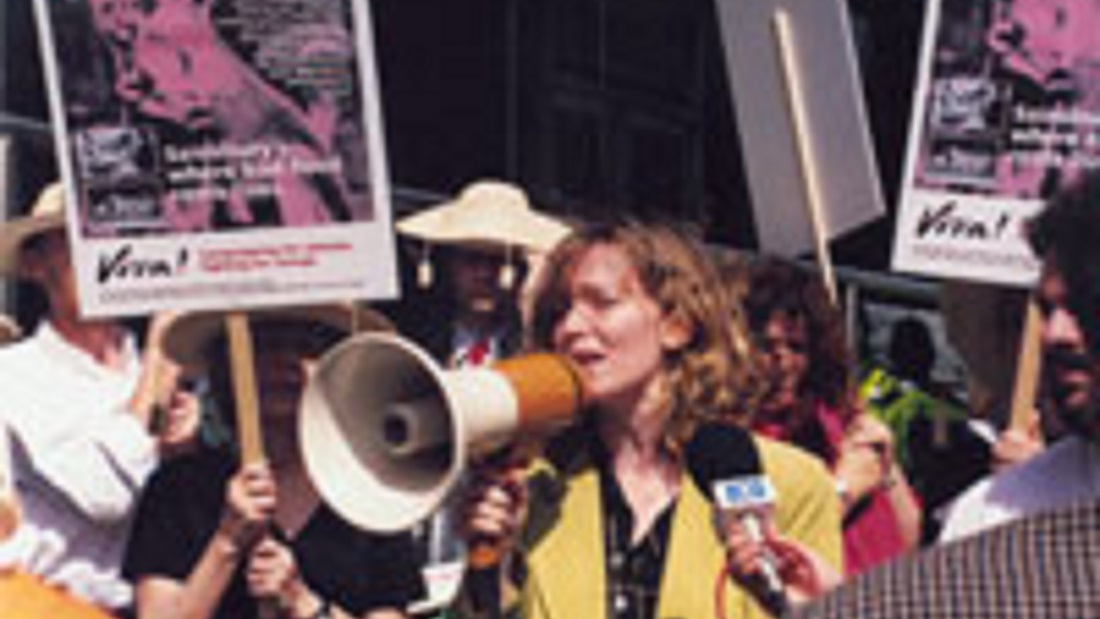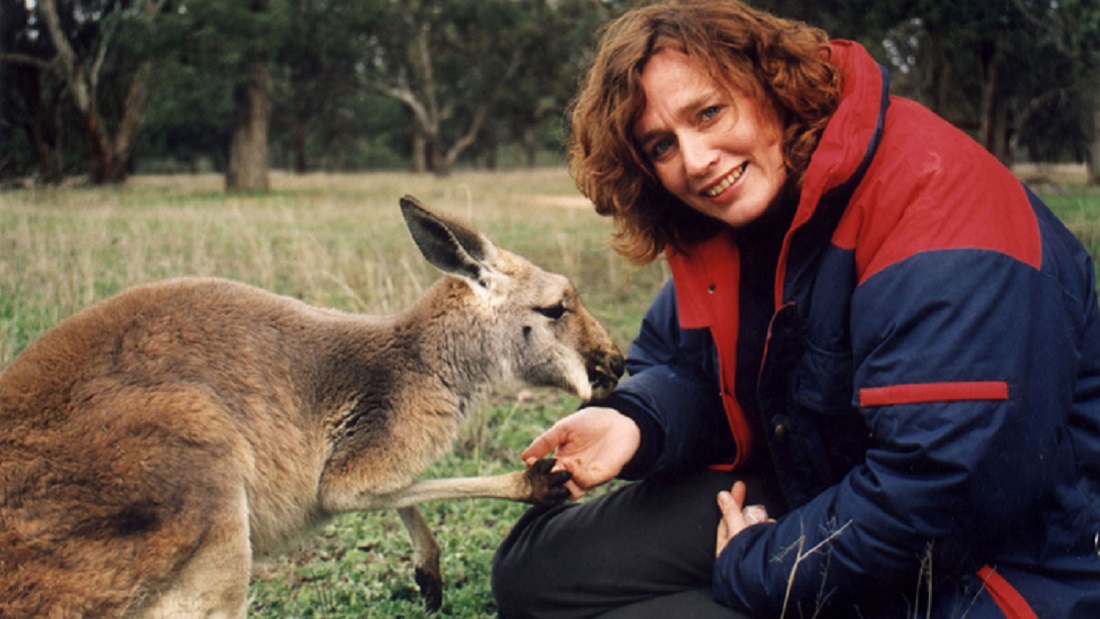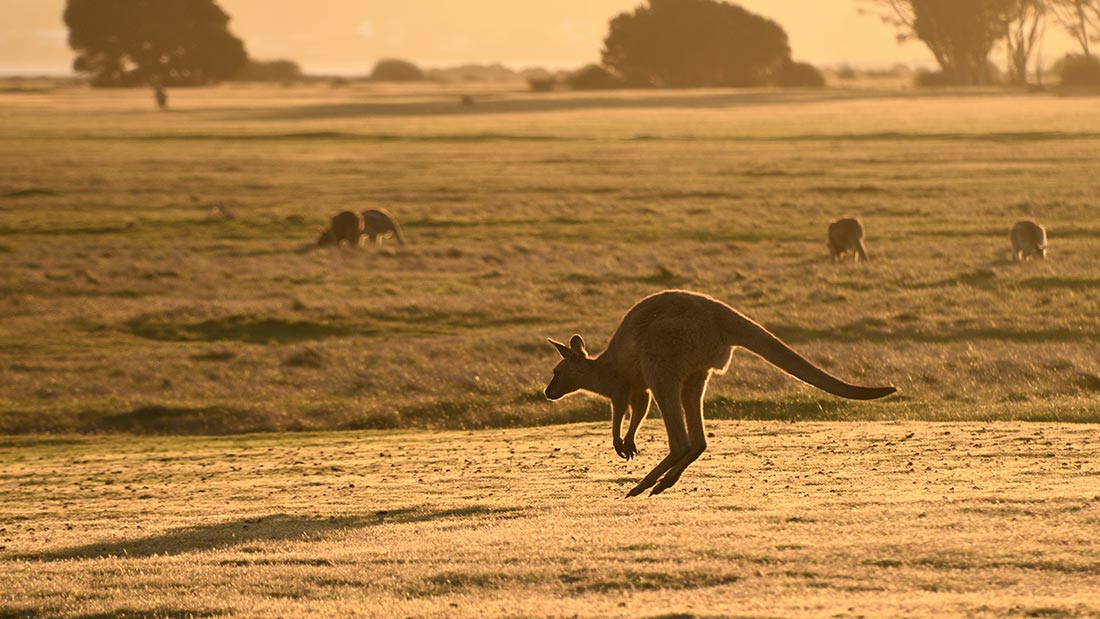Please talk about your time as a shooter. Who were you then and who are you now?
I was raised in the 50’s, when attitudes to animals and to kangaroos in particular were fairly dismal to say the least. Shooting kangaroos for sport was very common and my peer group was heavily involved in such activity. I was not a good student for a number of reasons and when it came the time to vacate the nest and to get a job; my opportunities beyond dreary manual work were educationally limited.
An advert appeared in the paper looking for someone to assist in the shooting of kangaroos on a professional level. This I did for a short while and then became a professional in my own right. On first arriving north of Broken Hill, there were large numbers of kangaroos because a thunderstorm had produced good rains in a limited area and the grass was quite good. Some months went by and that number of kangaroos diminished quite rapidly to what might be considered an average figure. Average means a great amount of country and very few kangaroos per square kilometre.
Still, I was quite good at shooting and understanding the habits of kangaroos and I got by with some financial difficulty as the price per kilogram was very low. Payment was around one dollar for a kangaroo if it was a good size. I am very sure the size of kangaroos then and now has altered drastically downward but the price has gone up considerably.
As I was not based in a town, kangaroo shooting did cause problems in the areas of vehicle maintenance, meals and living conditions in general. Self sufficiency was a big lesson I learned quickly and having a resilient character fitted quite well. Kilometres from nowhere living in a very primitive manner is not everyone’s cup of tea as a way of life, but it was mine, and I enjoyed the freedom and the wonder of the Australian outback.
Don’t get me wrong on this, but I was a mere 18 years of age, worldly uneducated to a large degree and I made mistakes concomitant with that position life had dealt me. I was a loose cannon trying to adapt to another culture, for that is what beyond city living is. Not better or worse, just different.
After shooting the first few kangaroos with some unease, even though I had been doing this on weekends for “sport”, I soon fell into the killing mode. Suppressing the actual disquiet of shooting was not that difficult a task, excepting when horrific wounding occurred but the endless killing of Joey’s was a different story. I did it but it always bothered me and it still does. As “hard” a character as I thought I was, getting used to this slaughter of the innocents was never satisfactorily achieved.
Shooting can be very arduous with extreme weather conditions, poor nutrition and equipment failure. A few flat tyres on a stinking hot or freezing cold night can soon turn the kangaroo into the “enemy”. Mental and physical frustration adds to poor shooting and poor attitude with existing terrible wounding rates accelerated. If you are shooting the “enemy”, with the added justification of ridding a menace to landholders, a mind-set is in place to accommodate all kinds of atrocities being accepted.
In those days there was no consideration at all for the at-foot Joey other than that they appeared to escape. On reflection, knowing the huge number of foxes that patrol the killing fields and that are sustained with the by-product of kangaroo processing; the survival rate would have been very low. Foxes would ring the processing area and even come in to take pieces of kangaroo as the “butting” took place. It was not unusual or uncommon, when shinning a spotlight around from this position, to illuminate a hundred or so eyes.
After a couple of years, the privation and other reasons, including the killing of the Joeys, saw me end my stint as a professional kangaroo shooter.
I have deep and hurtful regrets at ever having done this “job” and would advise all contemplating such an endeavour to think again. My involvement now, in being a part of a drive to end kangaroo killing has revived all the bad memories and that is extremely difficult to bear. Worse, is that not many ex-kangaroo shooters are willing to step forward and do likewise and it is left up to me to tell it how it was and is. I have no supernatural or spiritual feelings whatsoever, but there does seem to be a natural justice taking place with me, although that justice will not undo the deeds performed, unfortunately.
